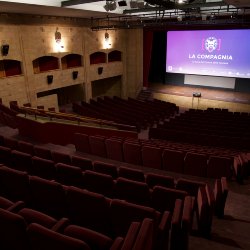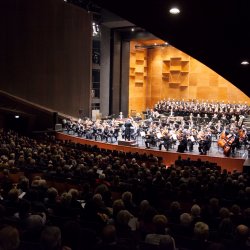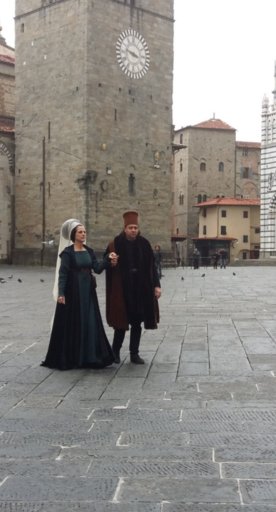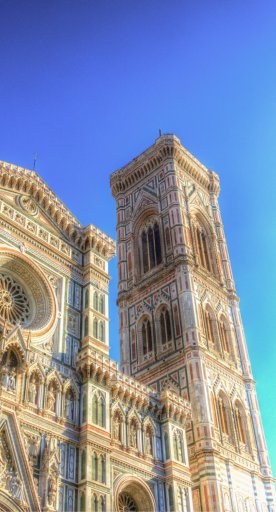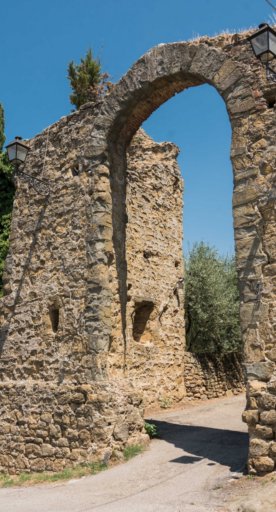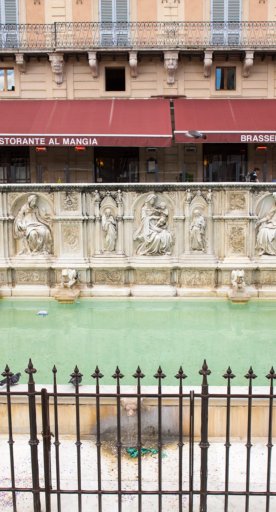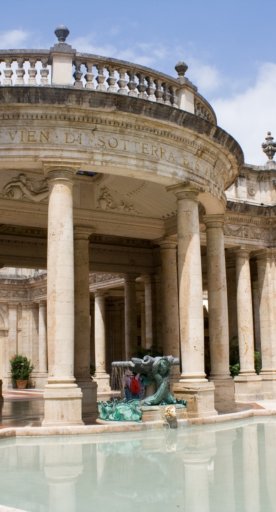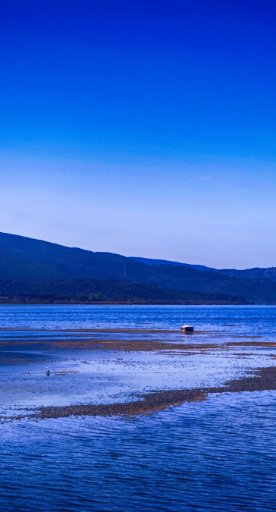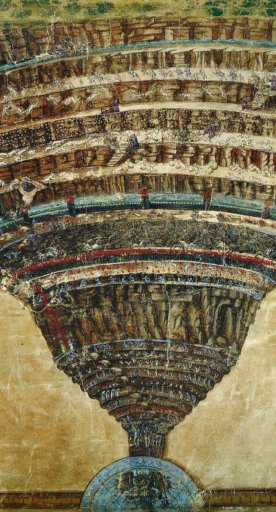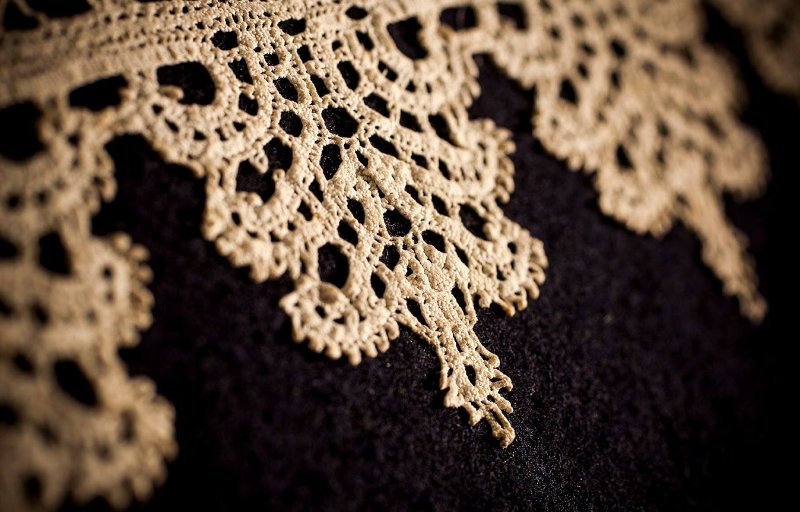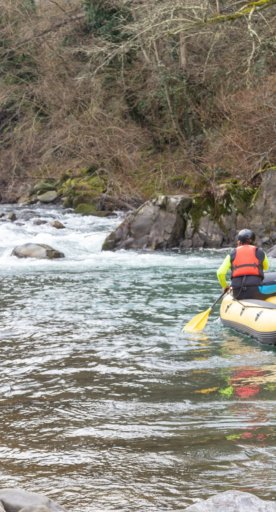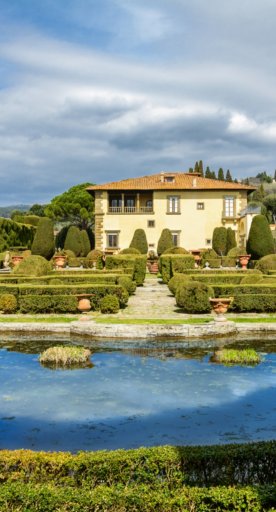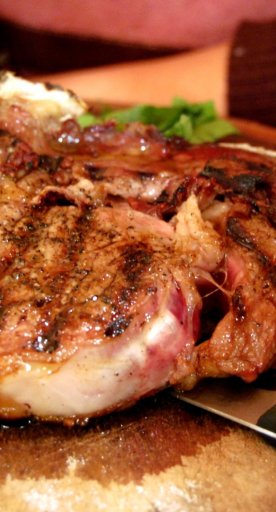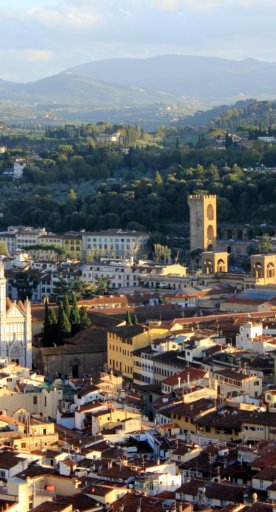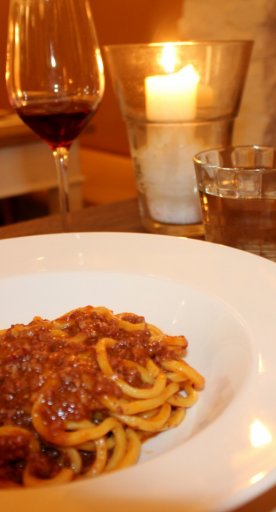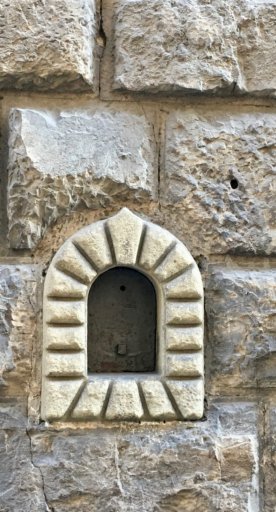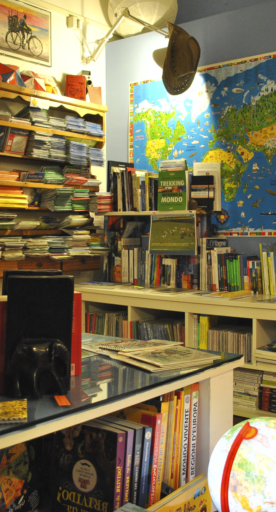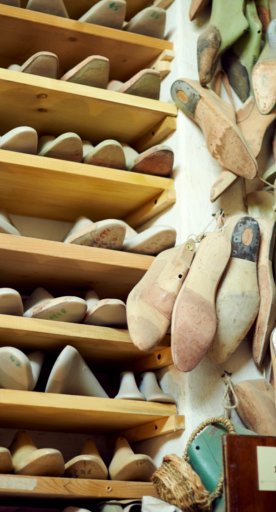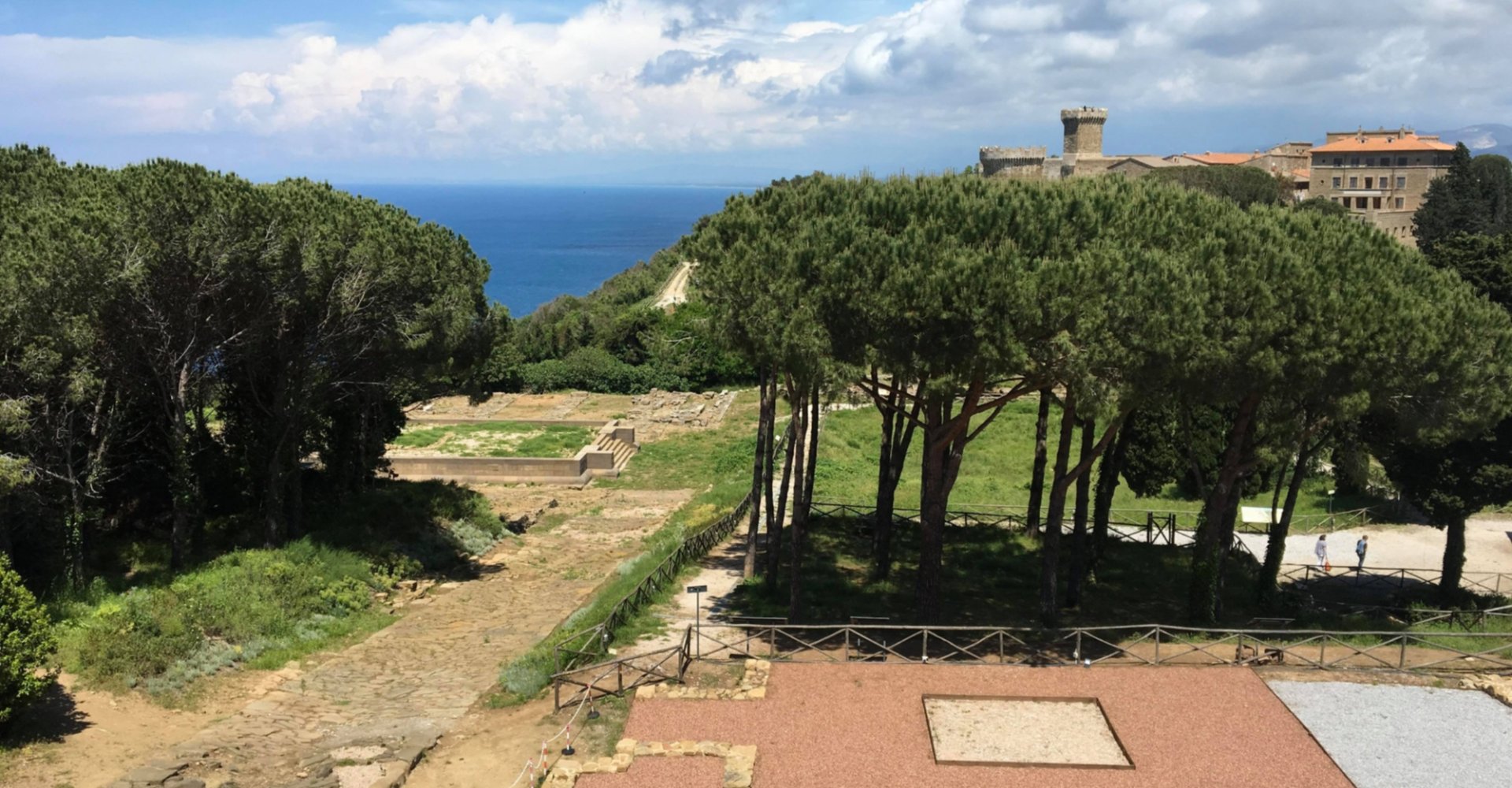

A journey with children through museums and archaeological areas
Cultural offers for families are enriched thanks to educational tours and workshops designed to bring children closer to history.
The intention to involve more and more children and young people in the discovery of the past, also passes through the creation of routes designed specifically for them: thus, many museums and archaeological parks offer the possibility of engaging and stimulating experiences to train the curiosity and imagination of the youngest and to accustom their senses to beauty and uniqueness through listening and observing.
Let’s discover them together!
-
1.National Archaeological Museum of Florence
-
2.The "Underground City" Civic Museum in Chiusi
-
3.Archaeological Museum of the Chianti in the area of Siena
-
4.Archaeological Civic Museum Isidoro Falchi of Vetulonia
-
5.The Museum of Ancient Ships of Pisa
-
6.Archaeological Park of Baratti and Populonia
National Archaeological Museum of Florence
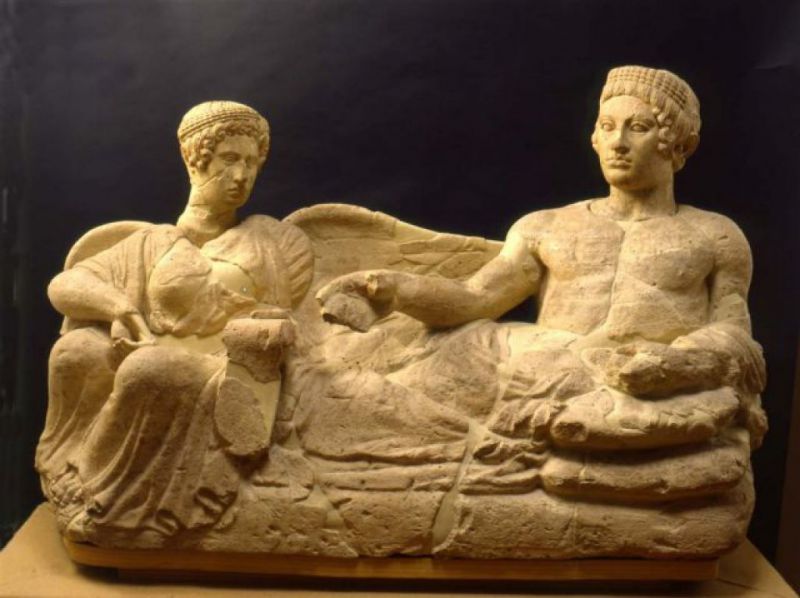
The National Archaeological Museum in Florence preserves valuable artifacts from Etruscan and Roman excavations in Tuscany, as well as Egyptian and Greek collections.
The core of the collection is related to the Etruscan civilization.
Thanks to a specific team of professionals, it offers various in-depth tours related to the different collections (Etruscan, Egyptian, Greek and Magna Graecia, Roman, etc.).
Also very interesting is the YouTube channel, where you can find stories and insights for children.
The "Underground City" Civic Museum in Chiusi
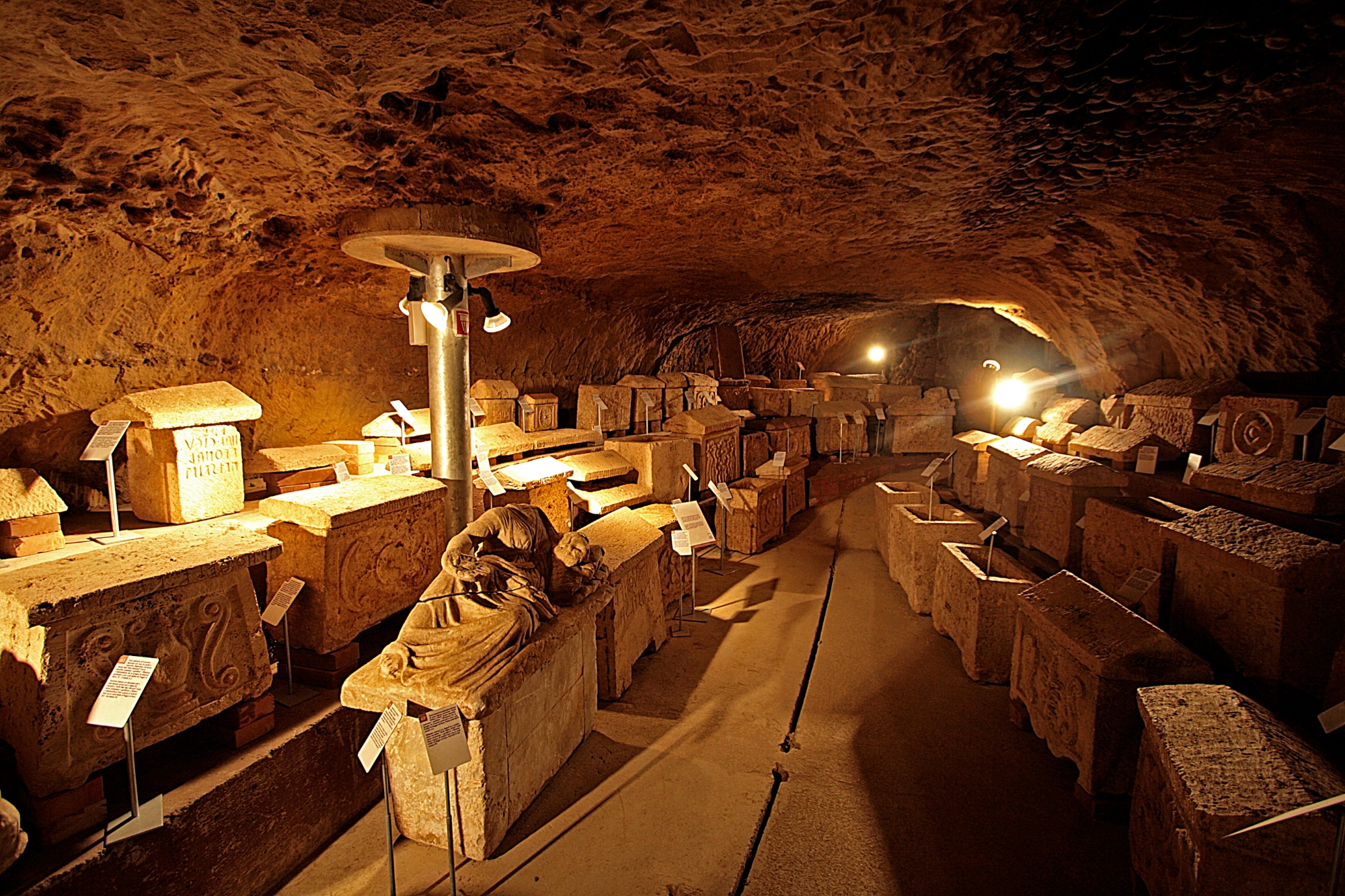
The "Underground City" Civic Museum in Chiusi has three different locations in the historic town center. The tour begins at the Palazzo delle Logge, where the "The Labyrinth" section is set up, documenting - through panels, interactive objects, photos and a large model - the myth of the Etruscan king Porsenna, whose mausoleum is said to be housed in the heart of a labyrinth dug right under Chiusi.
The family itinerary includes two tours on Etruscan writing and drawing: in the former, children will try their hand at reproducing the Etruscan alphabet and language - using wax and clay tablets, small earthenware vases or artifacts, and rolls of fabric; in the latter, however, participants will be able to draw their favorite decorations represented on cinerary urns from the Hellenistic period, but also other figures and images representing Etruscan Chiusi. By reservation only.
Archaeological Museum of the Chianti in the area of Siena
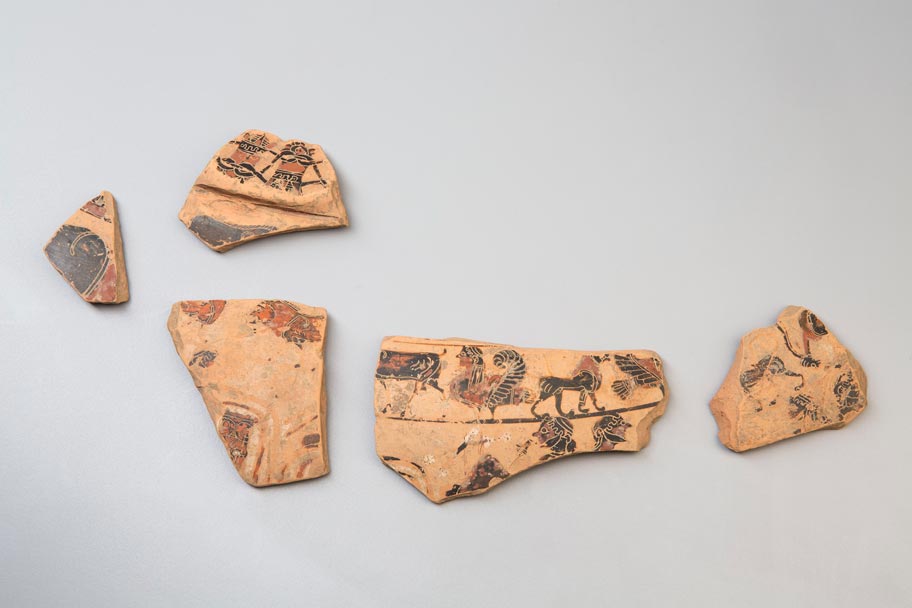
The Archaeological Museum of the Chianti in the area of Siena is located in the center of the medieval village of Castellina in Chianti and is dedicated to the Etruscan history of the Chianti area. The museum occupies a building dominated by the Rocca equipped with a tower, which the Florentines built in the 15th century to defend their territories from the neighboring and hostile Republic of Siena.
The offer for children mainly concerns the organization of workshops that touch on different topics, such as archaeology, anthropology and food education: the first proposal concerns the presentation of food, the way of eating at the table, but also the sources of supply and containers used in the past, so as to stimulate reflection on food culture in the various eras; the second project, on the other hand, starts from clay: experimenting with manual activity the characteristics it possesses, how it is shaped and what its many uses were.
All activities are performed at the museum so that the visit to the museum rooms becomes an integral part of the workshop and are held by reservation.
Archaeological Civic Museum Isidoro Falchi of Vetulonia
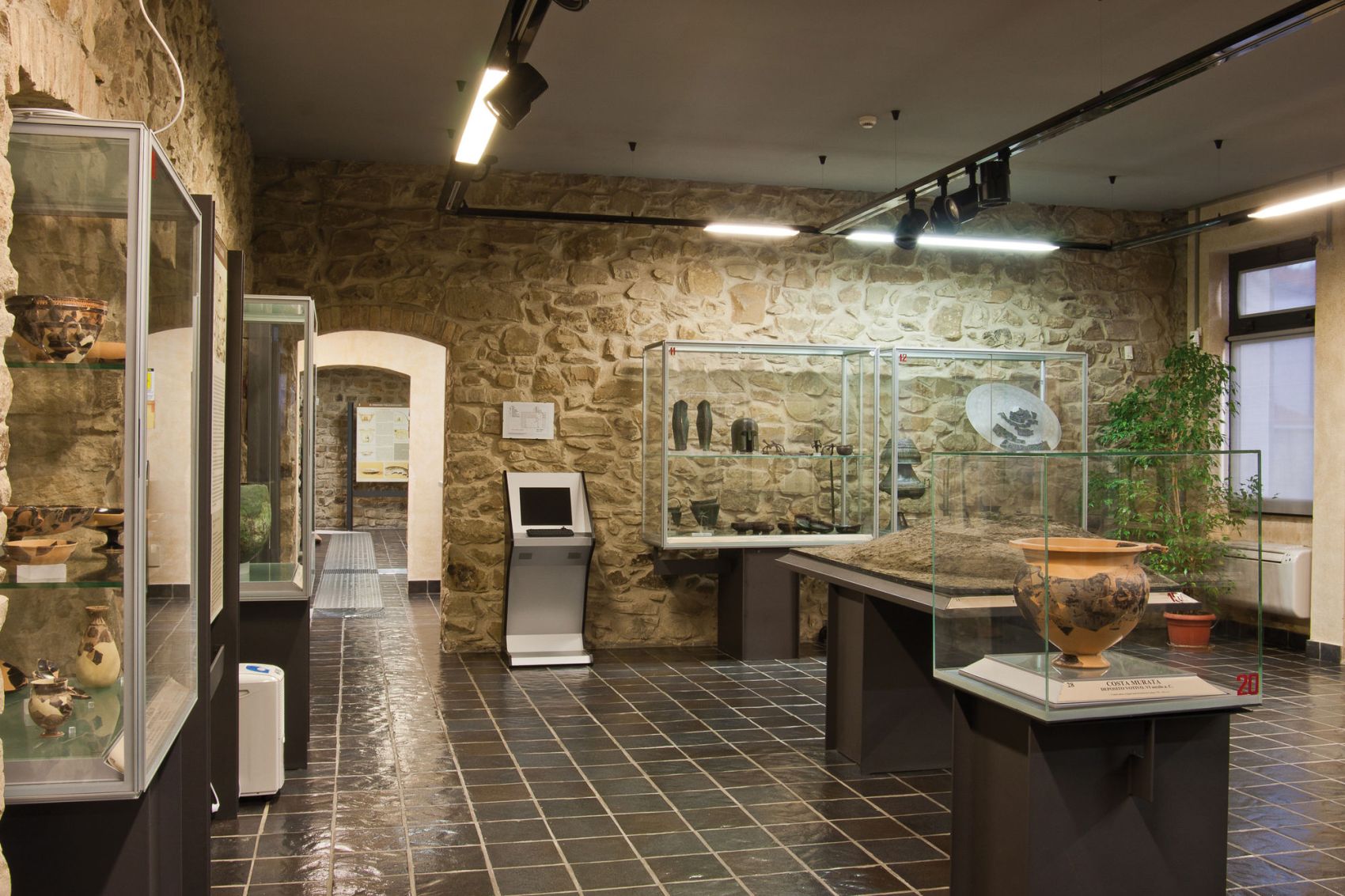
The Archaeological Civic Museum Isidoro Falchi is located in Vetulonia, a small village in the municipality of Castiglione della Pescaia, and is named after the archaeologist who rediscovered the Etruscan city of Vetulonia at the end of the 19th century.
The tour winds its way through seven rooms, where many Etruscan artifacts are on display.
The offer for children cover topics related to ancient history and Etruscan culture.
It starts with a treasure hunt to learn how to find one's way around the museum's halls, read captions, recognize various types of artifacts and acquire technical terminology; one can choose a visit to the workshop of Raku - an ancient goldsmith who created unique jewelry - in which children will make their own jewelry, experimenting with various techniques or try their hand at an Etruscan writing workshop to learn how to read, understand inscriptions and write in Etruscan using, alongside special stamps, a special writing kit. All tours take place by reservation only.
The Museum of Ancient Ships of Pisa
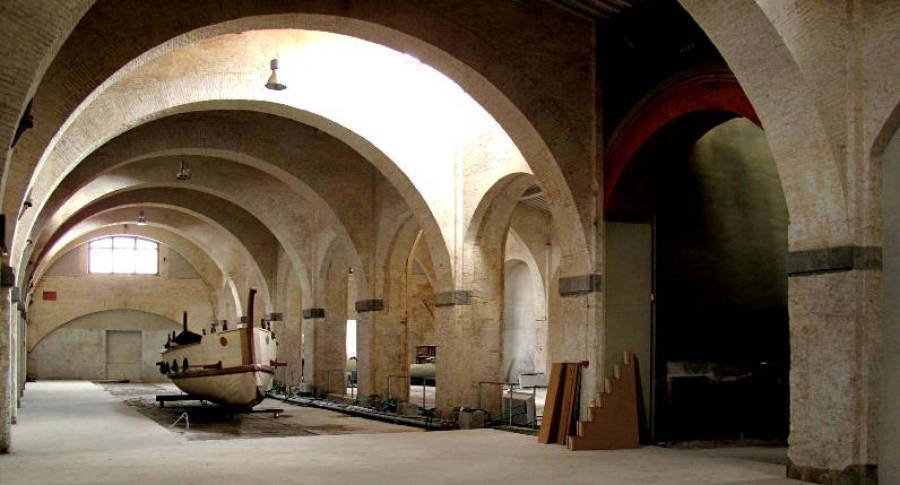
The Museum of Ancient Ships of Pisa exhibits seven vessels from the Roman age, dating from the 3rd century B.C. to the 7th century A.D., and about 8,000 artifacts, and the excavation and restoration project of the ancient ships of Pisa represents one of the most interesting and rich excavation and research sites in recent years.
Family activities are designed to provide an experiential path for young children and are structured as direct museum activities: they include general or themed tour routes and workshops led by archaeological operators. The topics offered cover daily life, navigation in antiquity and shipboard living, trade, and, of course, ships.
Archaeological Park of Baratti and Populonia
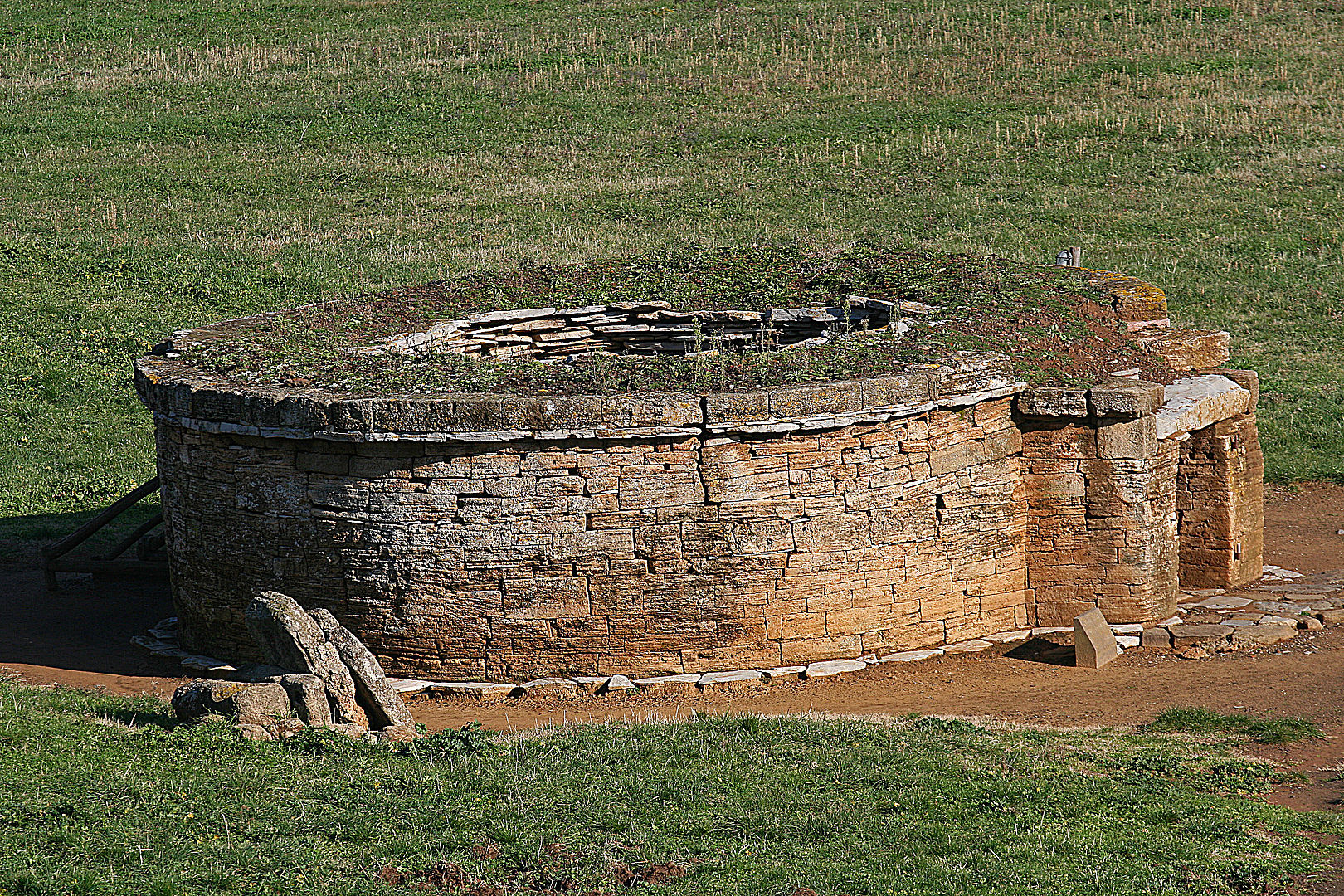
The Archaeological Park of Baratti and Populonia extends between the slopes of the Piombino promontory and the Gulf of Baratti and includes the area where the Etruscan and Roman city of Populonia once stood, known since ancient times for its intense metallurgical activity related to iron production. Populonia is a place of great charm, immersed in a unique natural landscape: the tombs of the warrior princes overlook the sea, the Etruscan tombs carved into the rock blend in with the Mediterranean scrub, and the acropolis preserves its sacred buildings overlooking the islands of the Tuscan archipelago.
In this absolutely exclusive context there are numerous educational proposals, all by reservation: workshops with clay, games of the past, ancient writing, arts and crafts.
The variety of environments and the wealth of evidence in the area make this place an interesting open-air laboratory in which to learn and experiment under the banner of interdisciplinarity.
Please note that reservations are required for all the attractions described.





